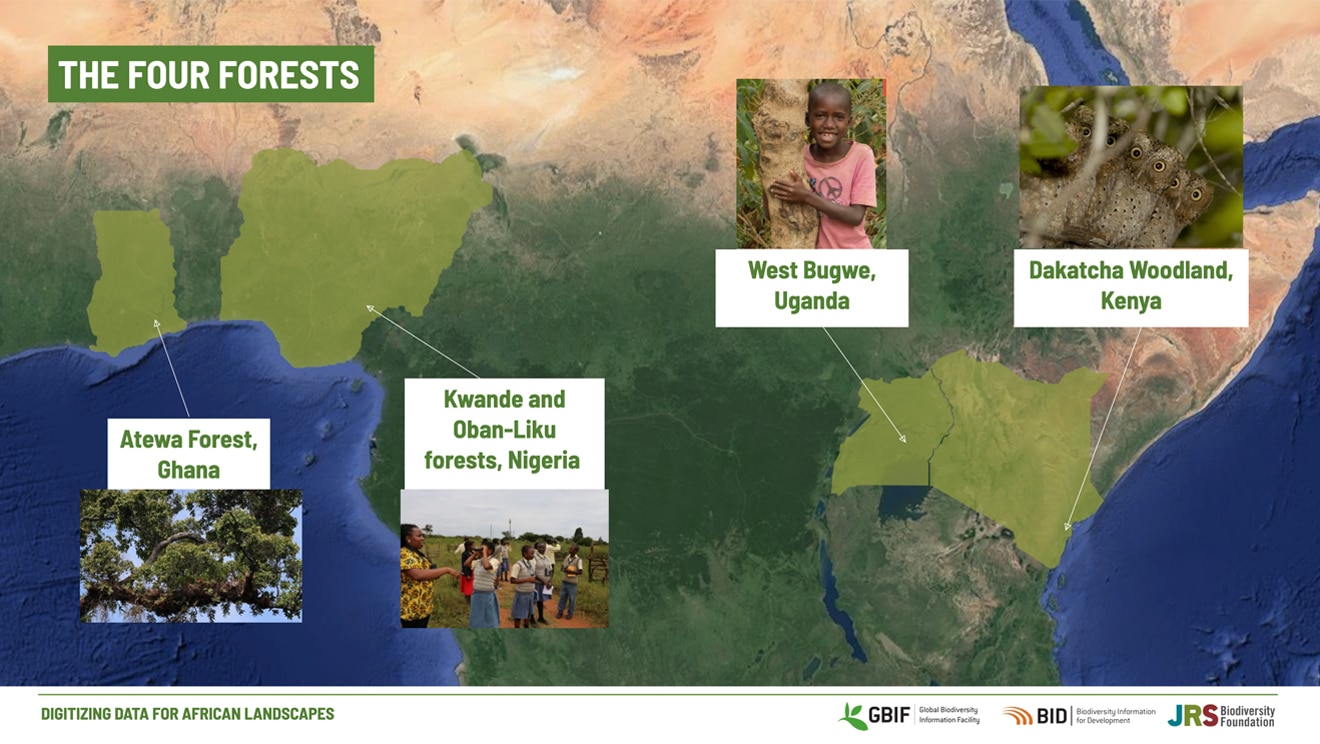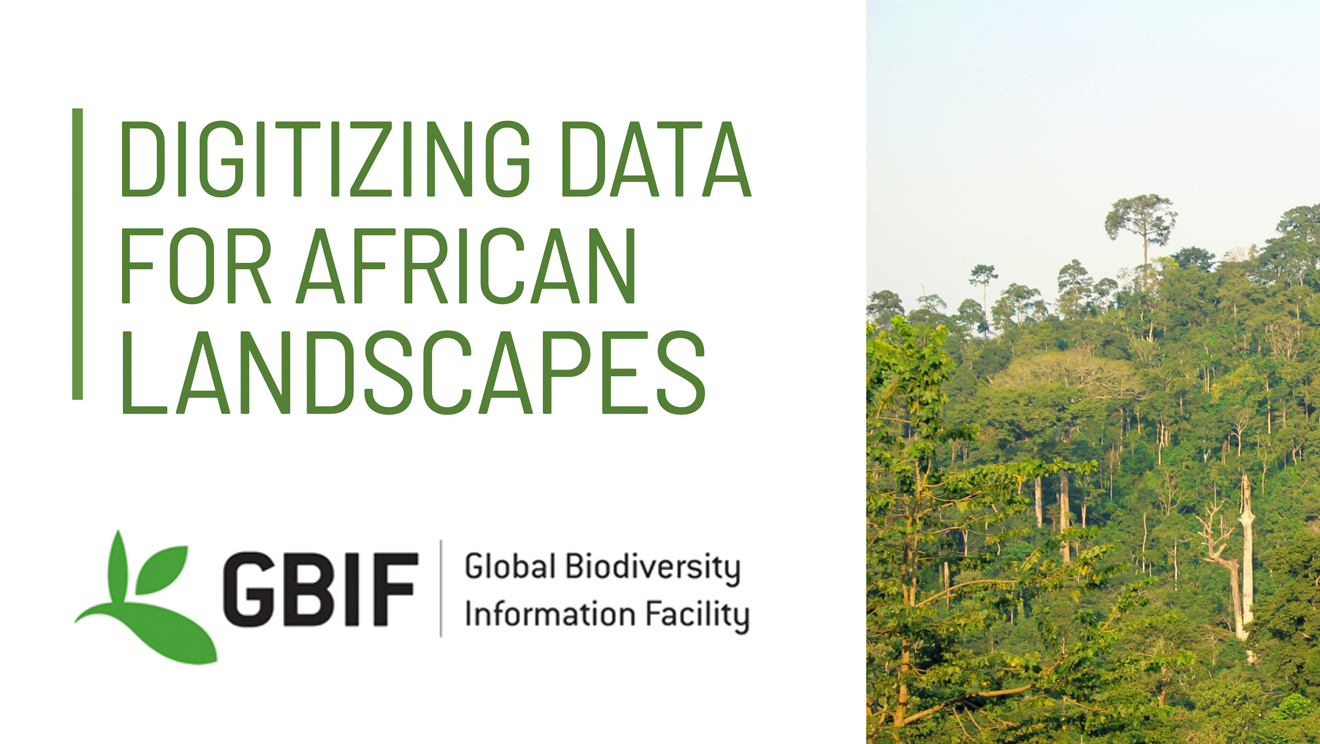Biodiversity is the variety of life on this planet. It is essential for sustaining the intricate ecosystems that provide food, fuel, health, wealth and other vital services. Beyond all that, biodiversity is valuable simply in itself, for the sheer awe and wonder of it. Knowledge about biodiversity enhances our understanding of species as well as of the state of the ecosystems where they live. This information is relevant in deciding what actions based on evidence (research) should inform outputs (policy and decisions) so ecosystems can thrive and support livelihoods.
Surprisingly, a wealth of data remains inaccessible in reports, notebooks and collections, which, if digitized and published through online platforms like GBIF: the Global Biodiversity Information Facility, can be used to inform decision-making. GBIF is a database that provides free open access biodiversity data from all over the world to anyone, anywhere.
For these reasons, over the last two years, 11 organizations across Kenya, Uganda, Nigeria, and Ghana have worked collaboratively to mobilise, share and use biodiversity data to help with the conservation of four forested African landscapes.[1]






